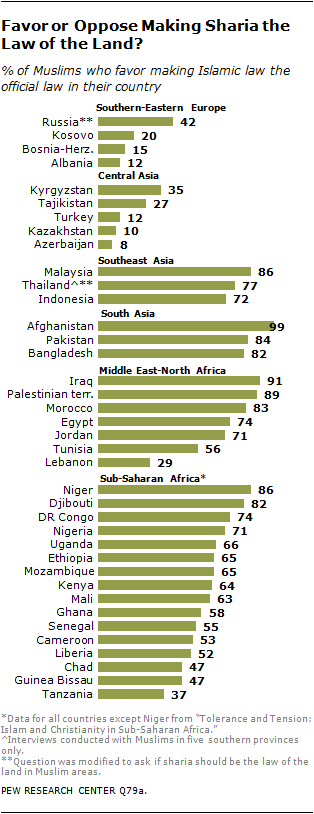Sixties Fan
Diamond Member
- Mar 6, 2017
- 58,583
- 11,117
- 2,140
• It depends on who you kill. Murdering a man in front of his wife and 2-year-old son, and not killing the wife and son, shows Palestinian “values,” says Fatah leader Abbas Zaki:
Zaki: “We don’t kill people as we please. There are values”
• Zaki lied, claiming the murderer spared the wife and 2-year-old son after killing the father. In fact, the murderer attempted to kill all three but wife and son survived with stab wounds
• Zaki lied, claiming the Palestinian leadership does not support the murder of Israeli women and children
• Zaki praised the teenage terrorist murderers – who he called “children” - for leading the 2015 terror wave
(full article online)
It's official. It's a Palestinian "value" to murder Israeli men on their way to prayer | PMW Analysis
Zaki: “We don’t kill people as we please. There are values”
• Zaki lied, claiming the murderer spared the wife and 2-year-old son after killing the father. In fact, the murderer attempted to kill all three but wife and son survived with stab wounds
• Zaki lied, claiming the Palestinian leadership does not support the murder of Israeli women and children
• Zaki praised the teenage terrorist murderers – who he called “children” - for leading the 2015 terror wave
(full article online)
It's official. It's a Palestinian "value" to murder Israeli men on their way to prayer | PMW Analysis





 )
)